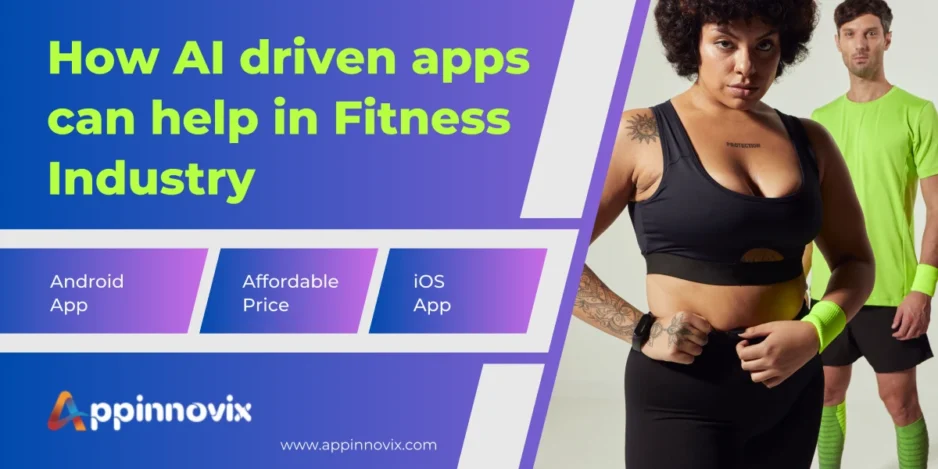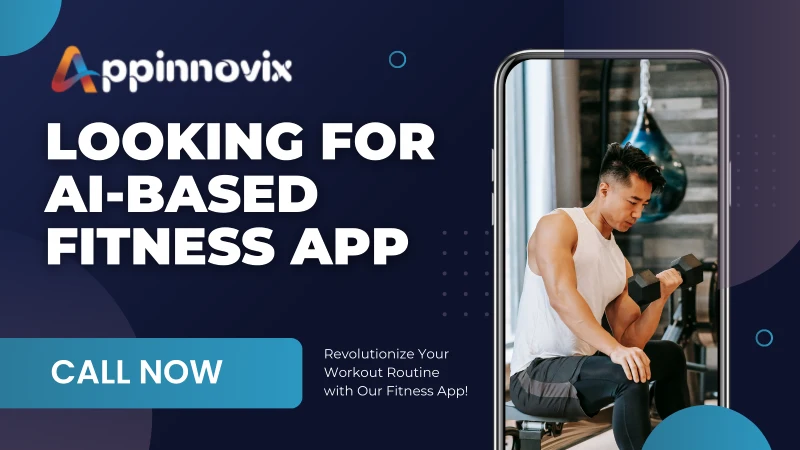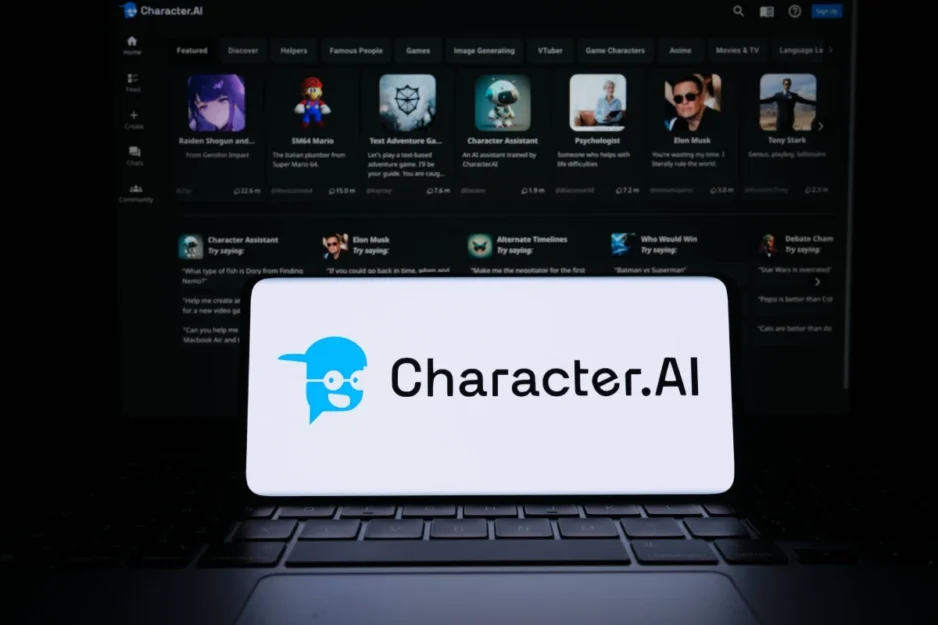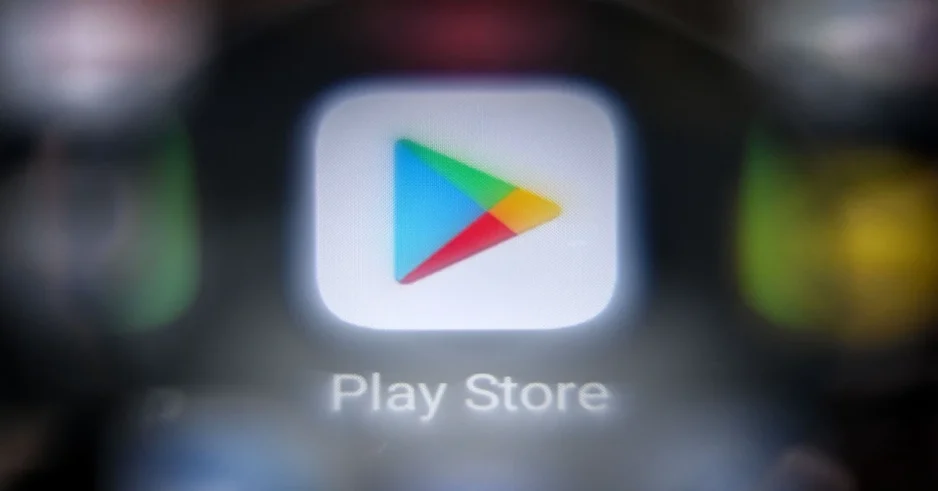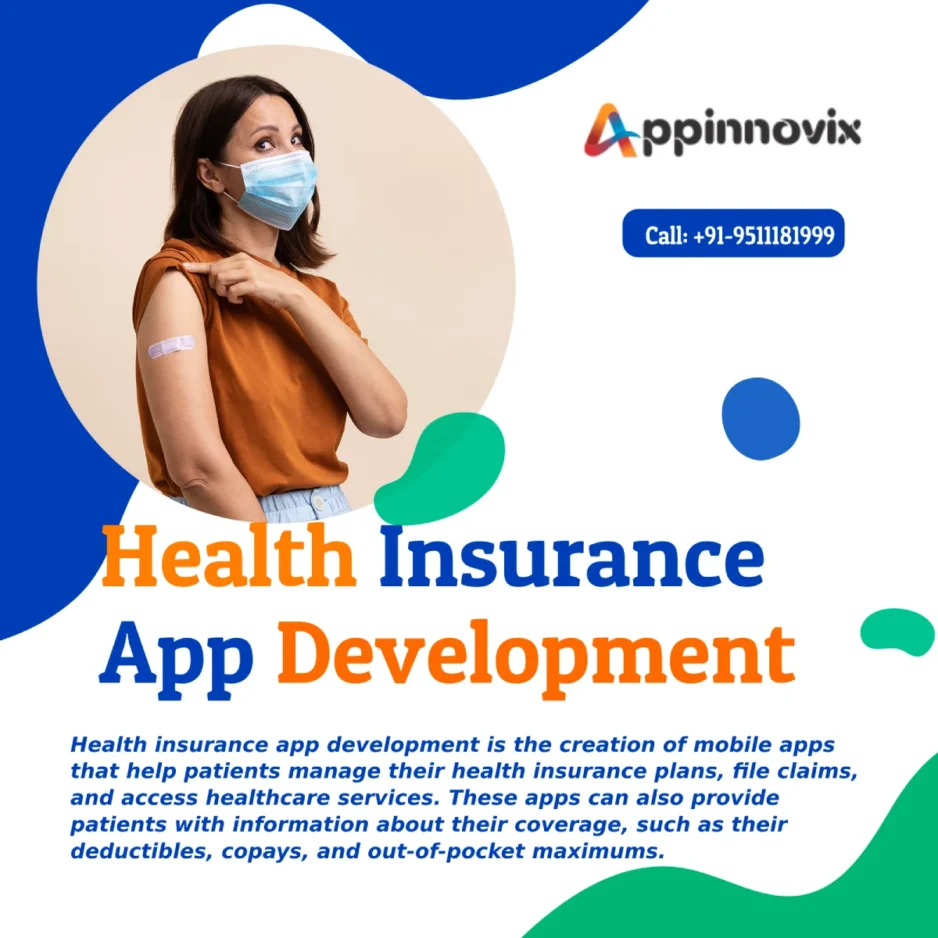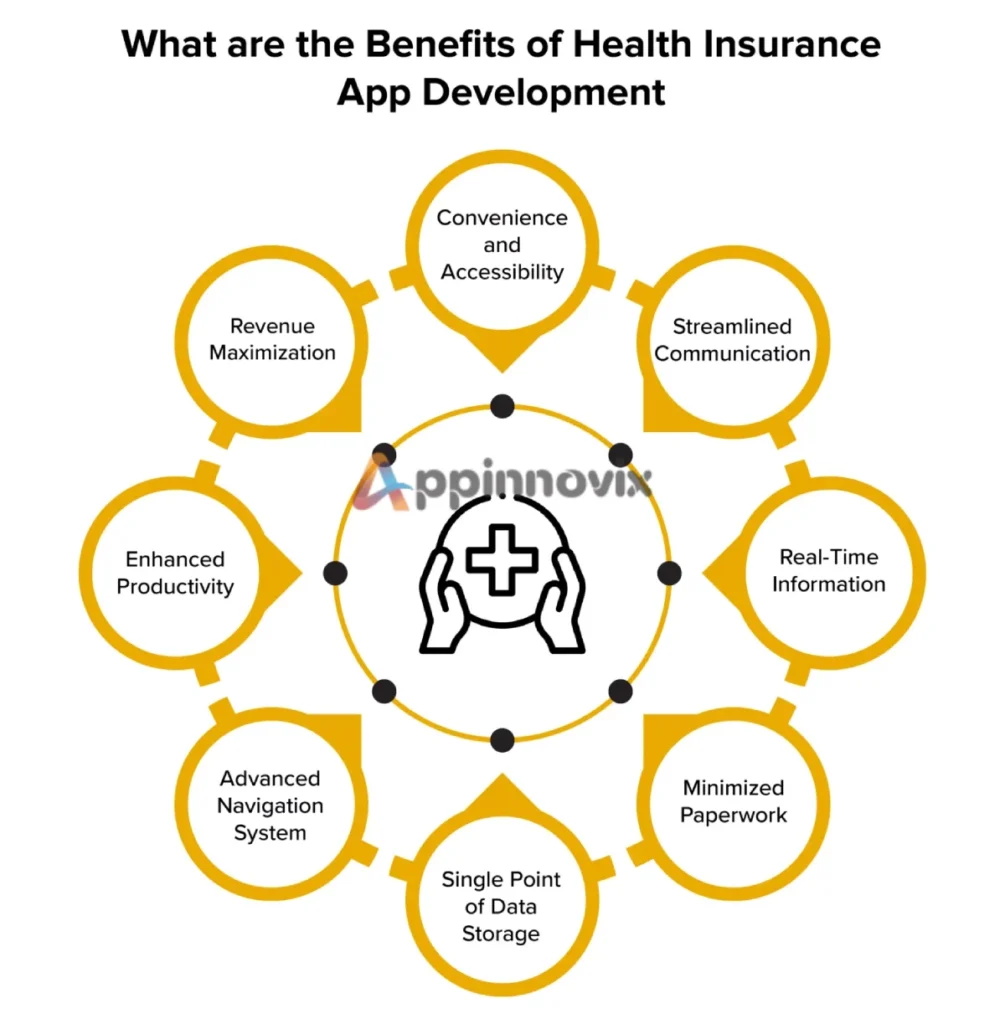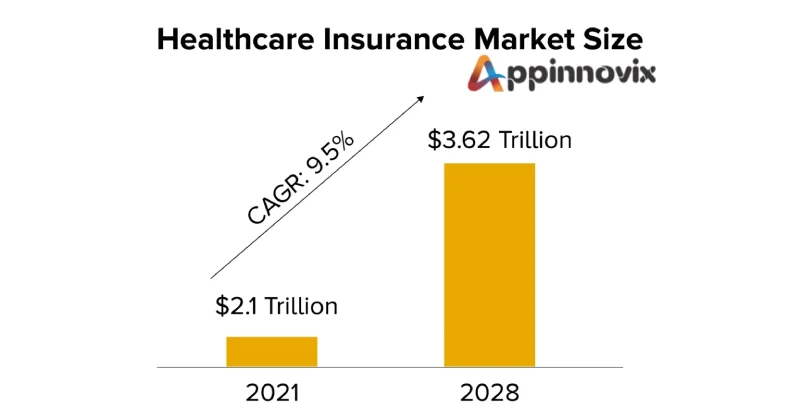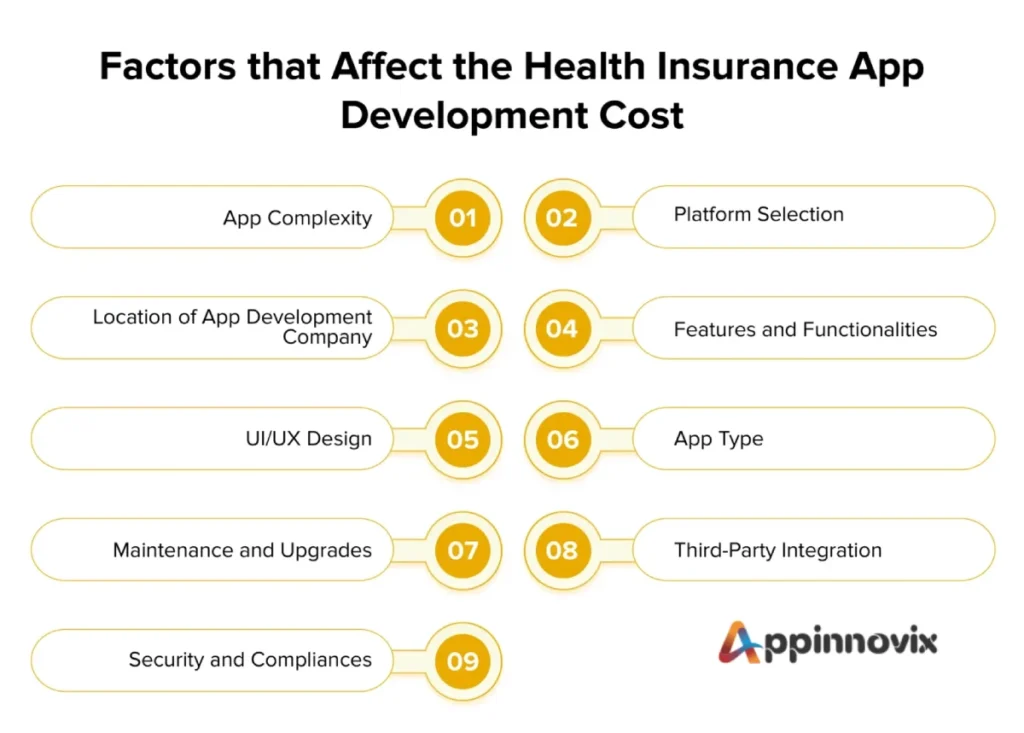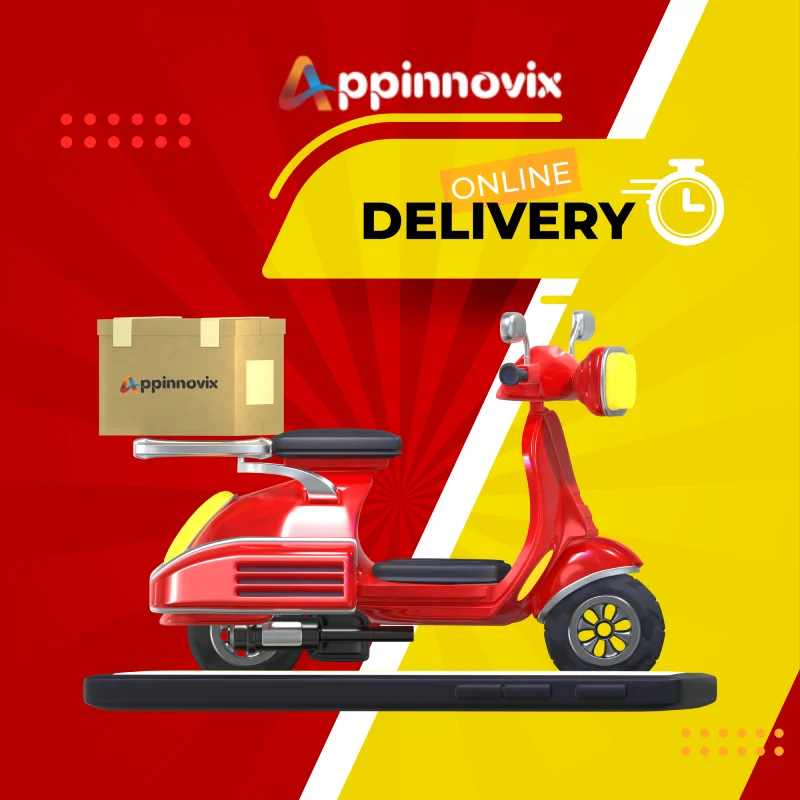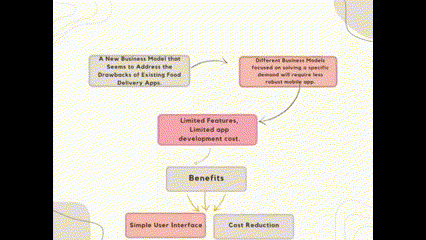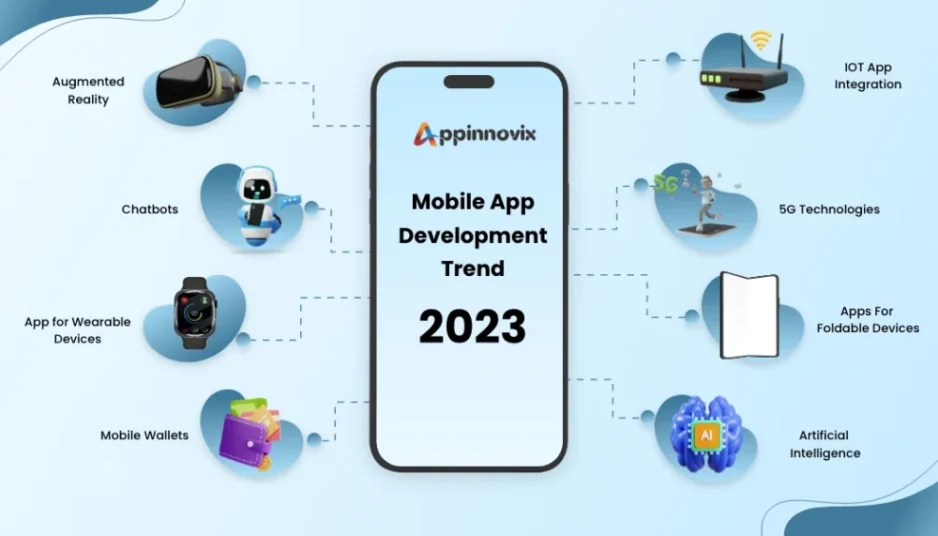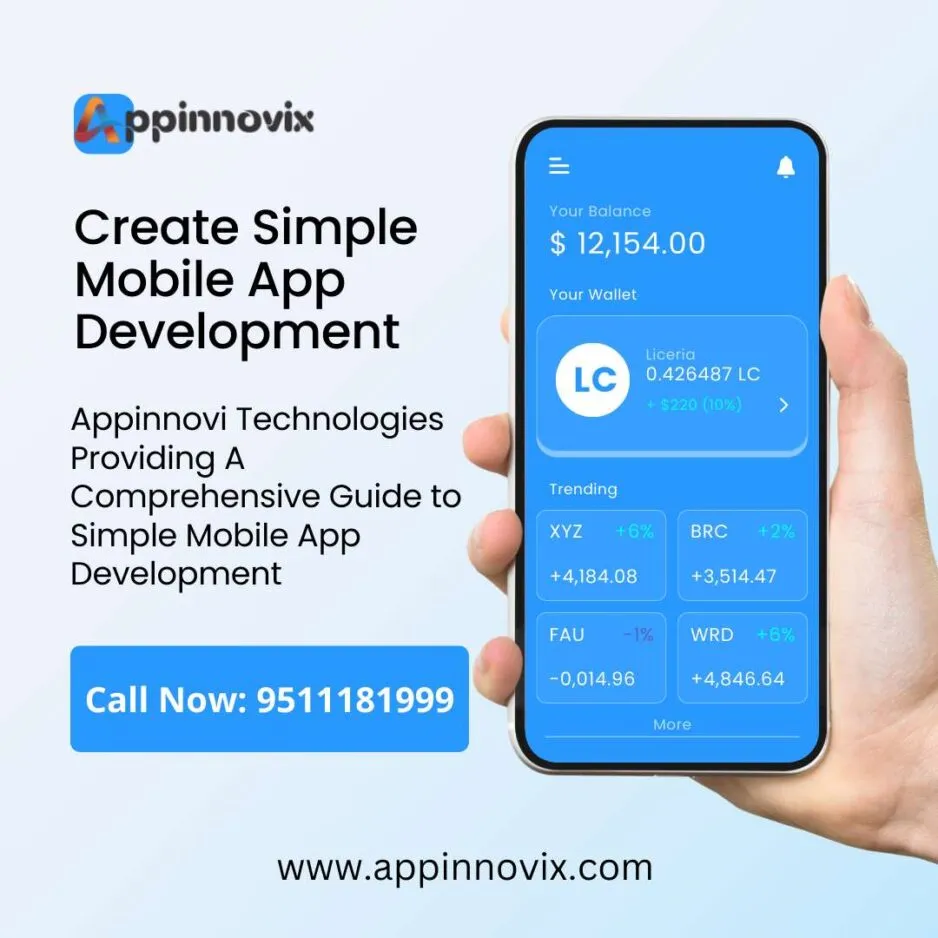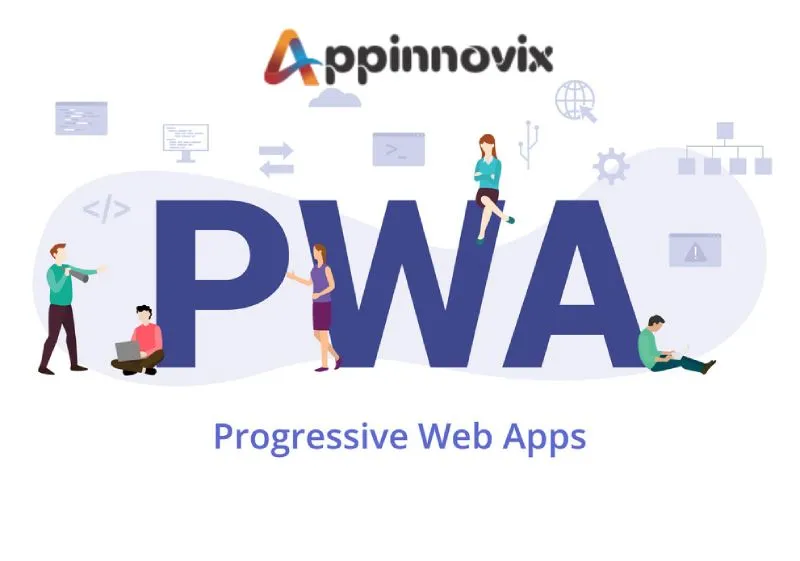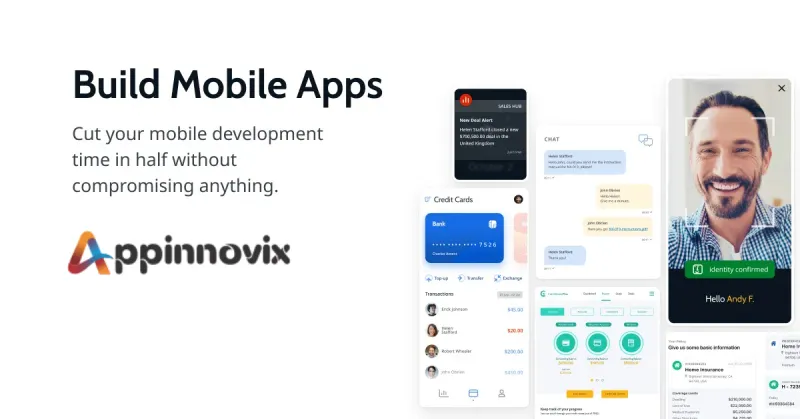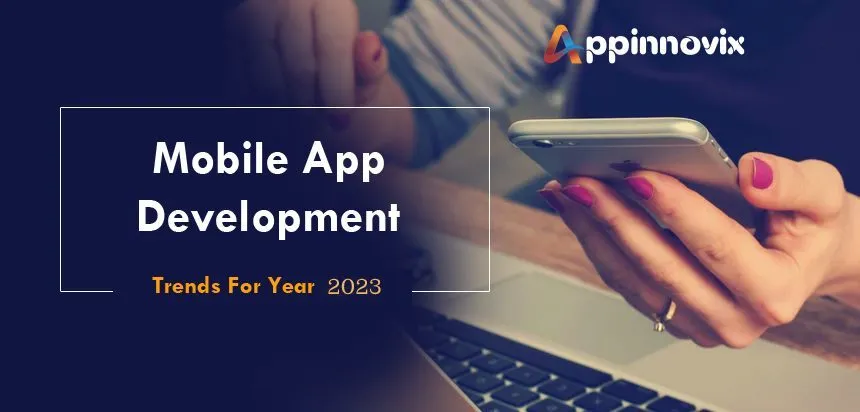Do you find it difficult to maintain motivation throughout dull workouts? Fitness apps with AI capabilities are about to change the way you approach fitness! These applications are the ideal exercise partner since they offer customized training schedules, instantaneous feedback, and captivating virtual worlds.
AI can assist you in reaching your objectives and making exercise enjoyable, regardless of your level of experience. So let’s get started and see how AI-powered apps may revolutionize your training routine and help you reach new heights in fitness.
But, before we dwell into the fitness industry and AI driven fitness apps. Let’s first understand what is fitness and why the fitness is important for keeping our body healthy.
What is fitness?
Fitness is the backbone of Health and Wellness. Generally, a state of overall physical and mental health is called fitness. It is attained by eating a balanced diet and engaging in frequent physical activity. And, a fit individual typically has strength, flexibility, body composition and a balance.
Now, some of you might be thinking that why I’m talking about the definition of fitness? Do the AI driven fitness apps really exist or not?
So, the answer is YES. They do exist. You can absolutely take their help. But, there’s a caution, don’t rely too much on them because it’s absolutely your duty to keep check on your health and body. If you feel uneasy or uncomfortable to what the app is suggesting. Just ignore it. And consult a good trainer.
Why fitness is important?
In the hectic world of today, it is natural to ignore our physical well-being. However, general wellbeing depends on physical health. It enhances our physical and emotional well-being in addition to preventing chronic diseases and improving our quality of life.
Frequent exercise can improve energy levels, lower stress, and improve mood. Therefore, including fitness into your daily routine is a valuable investment in your health and happiness, regardless of your goals—whether they are to improve strength, lose weight, or just feel better overall. We can break it down as:
- Physical well-being: It conditions, diabetes, heart disease, and stroke.
- Mental health: Regular activity may improve mood, and lessen stress and enhance the quality of sleep.
- Energy levels: Being fit increases one’s overall vitality and energy.
- Quality of life: Living a healthy lifestyle can result in a happier and more satisfying existence.
- The expansion: Engaging in regular physical activity can contribute to a longer and healthier life.
Role of AI in fitness industry?
The fitness sector has undergone a transformation and all thanks to artificial intelligence (AI), which provides individualized and efficient solutions. AI apps, now-a- days are playing a very essential role in making the fitness more effective , accessible and enjoyable for people and for their fitness levels.
Here’s how AI applications are changing things:
- Personalized exercise schedules: AI can design customized schedules based on your preferences, current fitness level, and fitness goals.
- Real-time feedback: During your workouts, AI-powered apps can give you immediate feedback on your form, technique, and progress.
- Virtual personal trainers: Throughout your fitness journey, AI-powered virtual coaches can provide direction, inspiration, and support.
- Nutrition tracking: To assess your fitness objectives, AIappscan helps you keep track of your food choices, macronutrient ratios, and calorie intake.
- AI sleep monitoring: It may examine your sleeping habits and suggest better sleep.
- Injury prevention: AI systems can recognize hazards and advisehow to stay safe.
Applications of AI in fitness
AI has profoundly influenced the fitness sector by providing individualized and practical solutions. Artificial intelligence (AI) is becoming a crucial component of contemporary fitness methods, serving as a virtual personal trainer, generating customized training regimens, and tracking nutrition. AI can provide personalized training programs and guarantee ongoing progress by evaluating each person’s fitness objectives, present state, and preferences. AI-powered apps can also provide real-time feedback on
form, technique, and exercise execution, which can help to maximize outcomes and prevent injuries. Additionally, AI-powered virtual trainers can offer individualized guidance, inspiration, and assistance, enhancing accessibility and enjoyment of exercise. AI provides full assistance for general well-being by helping with injury avoidance, sleep monitoring, and diet tracking. It has the capacity to improve, inspire, and customize the exercise experience. AI is bringing a revolution in the way people approach their health and fitness goals.
How to use AI for fitness business?
Fitness organizations have many chances to improve their services and client experience with AI. Businesses may build compelling virtual experiences, offer real-time feedback, tailor fitness routines, and enhance operations by integrating AI-powered solutions. AI-driven apps, for example, can customize workouts based on client data analysis to guarantee the best possible outcomes. AI can also facilitate virtual personal training, increasing accessibility and convenience for fitness. Additionally, businesses may measure performance indicators, better understand customer preferences, and adjust their offers using AI-powered analytics. By implementing AI, fitness companies can maintain their competitiveness, raise consumer satisfaction, and spur growth in the constantly changing fitness market.
Knowing this much so far, one question that might be tickling is this:
Are AI Fitness Apps worth using?
Indeed, many people can find great value in AI fitness programs. They provide several benefits, such as:
- Personalization: AI apps can generate personalized training schedules according to your preferences, fitness level, and unique goals.
- Convenience: You can easily incorporate exercise into your busy schedule with the on-demand routines that many AI fitness applications offer.
- Motivation: AI applications can track your progress, provide you with prizes, and give you feedback in real-time.
- Accessibility: Those without access to a personal trainer may find fitness more accessible thanks to AI apps.
- Cost-effectiveness: AI fitness apps are frequently less expensive than personal training or gym memberships.
Top Fitness Apps to help you with your fitness
Have you ever wished you had a personal trainer who could modify your workouts on the fly, knew your goals, and was always available? Well, that’s now a reality because of AI! AI fitness apps might be compared to your personal training partners, providing the motivation, results, and enjoyment you need to keep going.
Here are several leading contenders:
- Nike Training Club: Think it of as your online gym bag. There are exercises for every skill level, from beginner to professional, and professional advice from Nike athletes is included.
- Peloton: Known for the rides, it now has an excellent app that offers live and recorded workouts for cycling, jogging, strength training, and other activities. It’s similar to having an entire studio at your disposal. Bodyweight exercises are the main focus of the app.
- Freeletics: If you’re thinking of intense bodyweight workouts. Then this offers many options, like it provides a variety of training programs and provides you with real-time feedback. You may also keep track of your advancement and compete with other community members.
- Fitbit Premium: With this app, you want to get personalized data about your heart rate, sleep patterns, and exercises. There are also guided exercises and mindfulness sessions.
- My Fitness Pal: This app isn’t limited to calorie counting. It may also be used to connect with other fitness enthusiasts and develop customized workout schedules. Therefore, there is an AI fitness app for everyone, regardless of how dedicated you are to your health or how new you are to it. Try one out and see if it can assist you in achieving your objectives.
- Adidas Runtastic: Forrunnersandwalkers,thisappisfantastic. It provides you with individualized training routines in addition to tracking your distance, pace, and route.
- Keep(Google): This software is straight forward but powerful. It provides a range of exercises, including HIIT and yoga, and allows you to monitor your improvement over time.
- Fitbod: This is well-known for customized training schedules that are based on your experience level, available equipment, and fitness objectives.
- Centr: This app tailors workout routines, healthy recipes, and mindfulness exercises to assist you in reaching your fitness objectives.
- Aaptiv: This app offers a range of programs taught by professional trainers and focuses on audio-based workouts.
- My Fitness Pal: This software, mostly used for counting calories, also provides customized workout routines and a community of fitness fans.
These AI fitness applications can help you advance your training regardless of your degree of experience as an athlete. Try one now to see the impact artificial intelligence can have!
How AI could influence the Fitness Industry?
AI in fitness is like a double-edged sword. Imagine having a personal trainer who is constantly available, aware of your objectives, and capable of making last-minute training adjustments. That is the fitness industry’s use of AI power. Yet, AI has advantages and disadvantages of its own, just like any other great tool.
Advantages:
Workout methods that are specifically tailored to your fitness level, objectives, and preferences can be generated by AI.
- Real-time input: AI can give you immediate feedback and performance techniques, assisting you in maximizing the benefits of your workouts and preventing injuries.
- Accountability and motivation: AI can monitor your development, establish Objectives, and offer incentives to inspire you.
- Accessibility: AI-driven fitness applications can increase the accessibility of workouts, particularly for those who cannot visit a gym.
- Cost-effective: AI fitness apps are frequently less expensive than personal training or gym memberships.
Disadvantages:
- Absence of human connection: Artificial Intelligence cannot replace a human trainer’s motivation and personal touch.
- Technical restrictions: AI is still in development; therefore, its potential may be restricted.
- Privacy worries: Some users could be worried about the privacy of personal information that AI apps might gather.
- Over reliance: People’s capacity to carry out fundamental physical tasks and make their fitness-related judgments may deteriorate due to an over reliance on AI.
Considering all things, AI has the potential to transform the fitness sector completely. Still, it must be used carefully and in concert with human knowledge.
So far, we have talked so much about fitness and AI-driven fitness apps. Now, as you are aware of all the facts about the online world or, better say, the AI world, You must be thinking of the offline world. By offline world, I am talking about the Trainers that are physically present in the offline world. What would happen to them? Will they be of no use? Let’s talk about the TRAINERS.
The trainer’s role in the AI age in the fitness industry
We can’t deny the importance of personal trainers. They would continue to be essential despite the emergence of AI-powered exercise applications.
Here’s the reason why:
- Personalized advice: Based on each person’s wants and objectives, trainers can offer personalized counsel that may be more sophisticated than an AI can deliver.
- Motivation and accountability: By providing clients with accountability, support, and encouragement, trainers may help them remain inspired and dedicated to their fitness goals.
- Form correction: To avoid injuries and minimize performance, trainers can offer real-time feedback on form and technique.
- Social connection: Engaging in fitness with a trainer can foster a feeling of belonging and cooperation, both of which are advantageous for general health.
- Expertise: Trainers can provide specific knowledge and experience in areas like nutrition, sports, or rehabilitation.
Conclusion: Future of the Fitness Industry
And there you have it! AI-driven apps are making fitness more accessible and fun than ever before. Fitness is crucial for a healthy and happy existence. These programs are incredibly beneficial but cannot fully replace the value of professional trainers.
AI cannot match the specialized knowledge, inspiration, and assistance human trainers offer. Technology and human contact working together harmoniously is probably where fitness is headed. With the ability to provide individualized training programs, instant feedback, and data-driven insights, AI can improve the work of personal trainers.
Meanwhile, trainers can use AI technologies to give their clients more efficient and interesting experiences. AI and human trainers can collaborate to provide everyone with a more efficient, pleasurable, and customized workout experience.
Some more Useful Links
Mobile app Development Agency | SEO Services in Lucknow | Nidhi Software Company in Lucknow | Digital Marketing Agency in Lucknow

